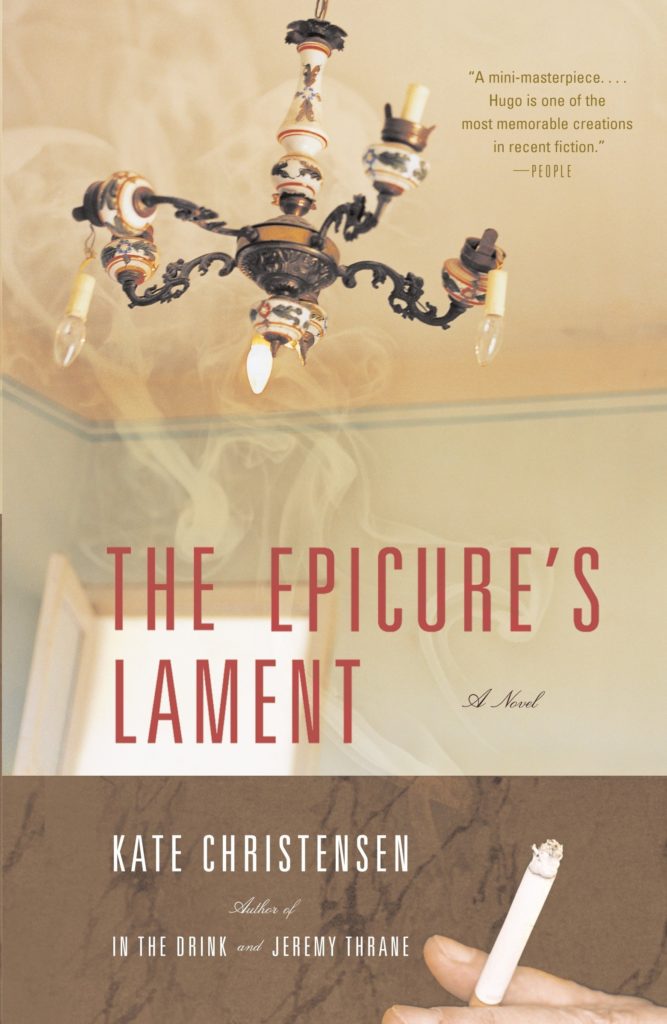The Epicure’s Lament by Kate Christensen
So they tell me that blogs are over, a thing of the past and I should be using Instagram or videos on YouTube. Well, I’m old stubborn, so I will steadfastly stick with this blog.
However, in an attempt to breathe some new life into Book Barmy, I plan to have a series of guest bloggers. Today is the first in that series — a book review by my smart, well-read, and very funny friend Peter.
Peter and I worked together during the 90’s in high tech. We became good buddies and, as a result, didn’t dare sit next to each other in meetings–which would often result in sarcastic remarks (muttered under our breath) about the idiots around the table and futile attempts to not breakout in uncontrollable laughter.
Thankfully, we’re both now retired and often trade book recommendations. Recently we both started reading the same book – The Epicure’s Lament – Peter finished before me, I got stuck in the middle – so I asked Peter to write a review and he graciously agreed.
Here you go, without further ado, here is Peter.
There are books that start with great glee. Rollicking good fun. Laugh out loud funny. Then the wit wanes. Pages become heavier to turn. Chortling dwindles. The Epicure’s Lament was such a book for me.
Kate Christensen is a beautiful writer of elegant, sophisticated prose, and for that the novel has great merit. Her description of characters and scenes do not tax the imagination. They are full and complete. You instantly know and understand these people and places.
The main character, Hugo Whittier, is slowly dying of his own doing. He rambles around his family’s rambling Hudson River mansion in solitude until family members begin to encroach.
Fully aware that he is killing himself smoking, he is only interested in all things carnal on his way out. His disdain for anything human is astounding. The dark humor is entertaining for a hundred pages or so then becomes labored and repetitive. It seems like Christensen ran out of plot and reworks story lines again and again to squeeze out some mileage. She also diverts into historical and philosophical sidebars that, while interesting, don’t directly support the story line.
As the novel progresses, Hugo smokes his way to his diagnosed ruin while continually assaulting the people who want to love him. I kept thinking “Alright already, I get it.” A miscreant and a rascal of the highest order, Hugo Whittier, charming as he may be, stumbles through the story looking forward to the end of it all.
Unfortunately so does the reader.
So, do you want to be a guest Book Barmy reviewer? Have you read a great (or not so great) book? Just let me know. I gladly welcome any and all inquiries.
A big thank you to Peter.







